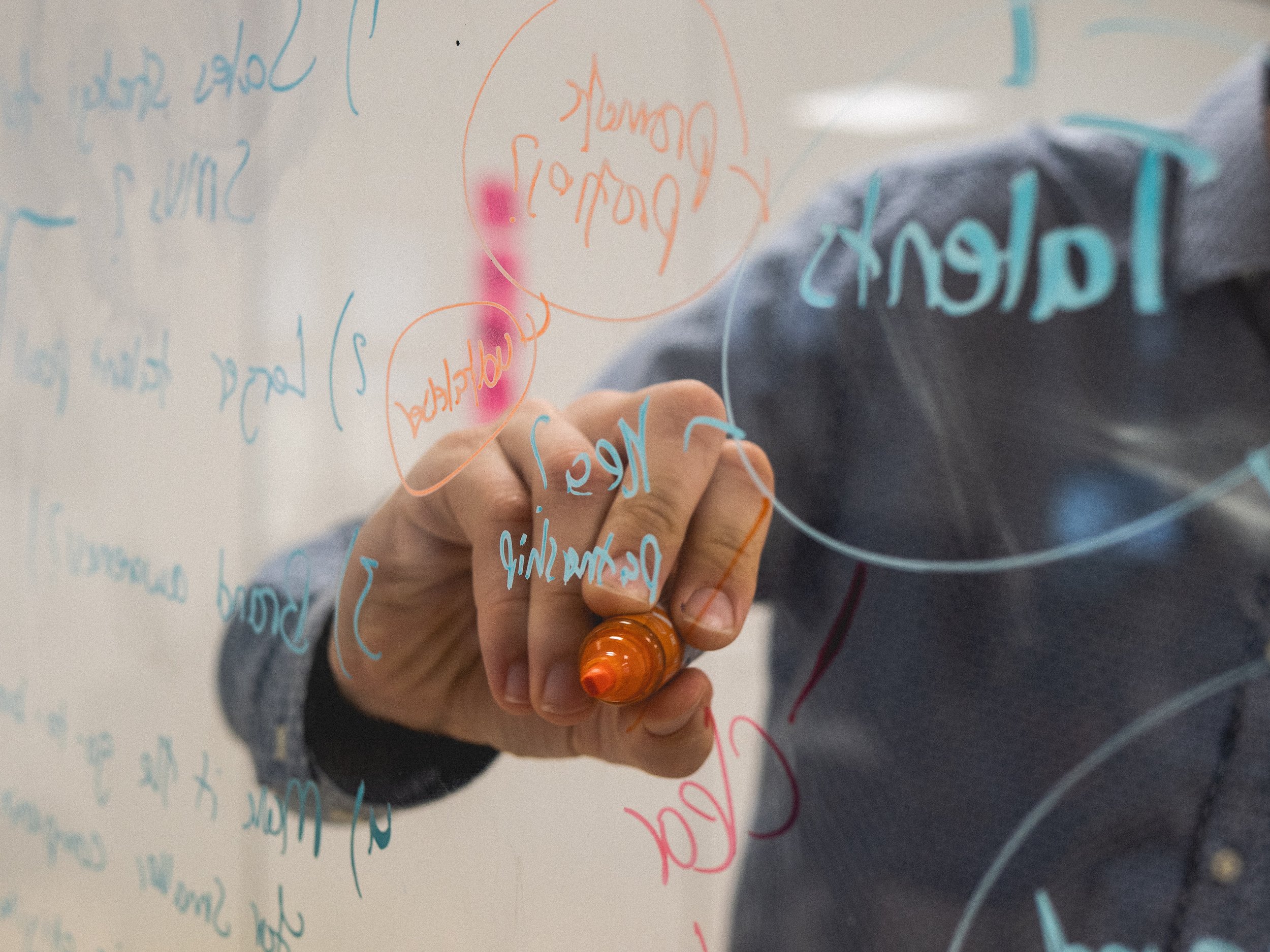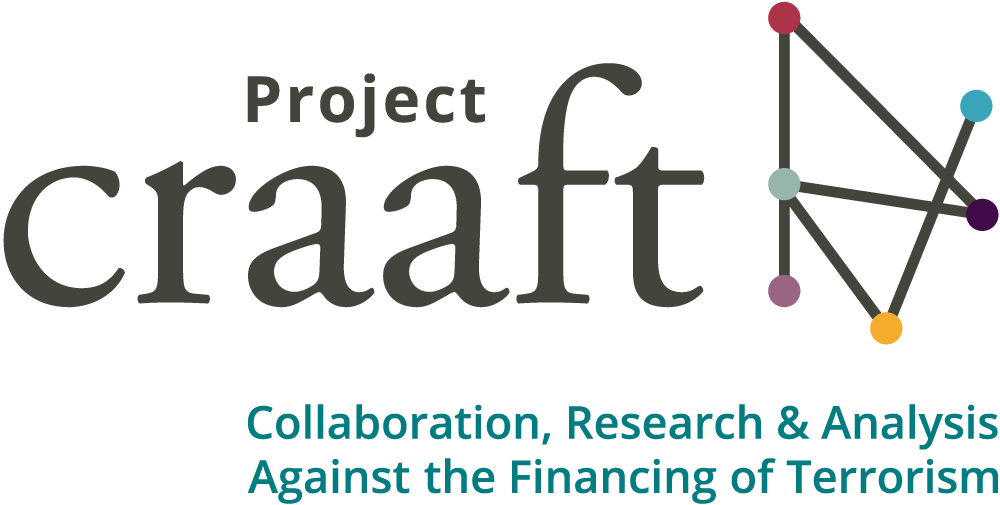
Change is the only constant when it comes to countering terrorism financing.
Collaboration, Research, and Analysis Against the Financing of Terrorism (CRAAFT) is an academic research and community-building initiative designed to build stronger, more coordinated counterterrorist financing (CTF) capacity across the EU and in its neighbourhood. Delivered by a consortium of top European research outfits led by RUSI Europe, CRAAFT’s research agenda is timely and responsive to the CTF challenges of today.
Self-Activating Terrorism Financing
RUSI Europe’s work on the financing of so-called “lone actor” terrorism in Europe challenges member states not to be complacent or resigned to the incorrect assumption that this kind of terrorist threat is financially invisible. What we call “self-activating” terrorists do leave financial traces, and our CTF tools should be recalibrated to pick up on them.
Terrorism Financing and New Technologies
New technologies such as cryptocurrencies, online crowdfunding and FinTech have sparked panic among CTF practitioners and policymakers who fear that vulnerabilities will be exploited for terrorism financing. But our research shows that, at least for the time being, terrorists rely predominantly on tried and true methods. In fact, we found that the technologies most utilised for terrorism financing were not the latest inventions, but tech already popularised in society.

Our work has is shaping the debate not just in the EU but around the world, from the Australian Broadcasting Corporation to deliberations of the UN Security Council.
The rest of the consortium has been busy as well with their own research:
The International Centre for Counter-Terrorism in The Hague has explored how terrorist organisations “Cash in on Guns” in their investigation of the nexus between small arms & light weapons and terrorist financing.
The University of Amsterdam have given themselves the difficult task of mapping the legal and ethical considerations of public-private partnerships, a crucial tool for fighting terrorism financing.
From Bratislava, GLOBSEC’s work looks east, assessing the capacities of financial intelligence units in the Visegrad 4 and Western Balkans 6 to counter terrorism financing.

Outreach is central to the CRAAFT mission, and since 2020 we have delivered our workshop series across the EU and in MONEYVAL member states, tackling some of the top issues on the minds of local authorities.
Workshops in 13 countries
Over 1300 participants
Preventing Terrorism Financing in the Not-for-Profit Organisation (NPO) Sector. How should states effectively mitigate terrorism financing risk in their NPO sector, in-line with international standards and best practices? We brought the very best experts along with us to answer just this in Poland, Bulgaria, Montenegro and Romania.
FinTech-Enabled Terrorism Financing. Our most popular workshop offering –which we delivered in Latvia, Serbia, Georgia, Lithuania and Slovakia – brought together the public and private sectors to discuss risks and opportunities posed by new technologies, and to promote cross-sector collaboration.
Doing CTF in Financial Centres. Small jurisdictions face unique terrorism financing risks – for Monaco and Lichtenstein we tailored our workshop to educate and exercise those CTF muscles.
Information Sharing for Prosecutors and FIUs. Polish and Croatian authorities benefited from a “war game” scenario to sharper their CTF skills in this interactive workshop programme.
CRAAFT has always been on the pulse when it comes to tracking emerging terrorism financing risks and trends, and our back catalogue of research briefings reflects how dynamic the study of CTF really is. Here are just a few of our favourites:
Dr Matthew Levitt assesses The Lebanese Hizbullah Financing Threat in Europe and takes stock of efforts made to tackle the group’s elaborate fundraising campaign on the continent.
Bethan Johnson looks at the Financing of Right-Wing Extremism and Terrorism, examining the fundraising and spending habits of those whose ideology calls for the destruction of multicultural, liberal democracies and for the rise of ethno-states.
Stephen Reimer and Matthew Redhead refuse to Follow the Crowd, instead choosing to
clarify the real terrorism financing risks of European crowdfunding platforms.
Rūta Bajarūnaitė outlines the legislative, technological and security-related challenges to establishing successful Public-Private Partnerships to Counter Terrorist Financing.



